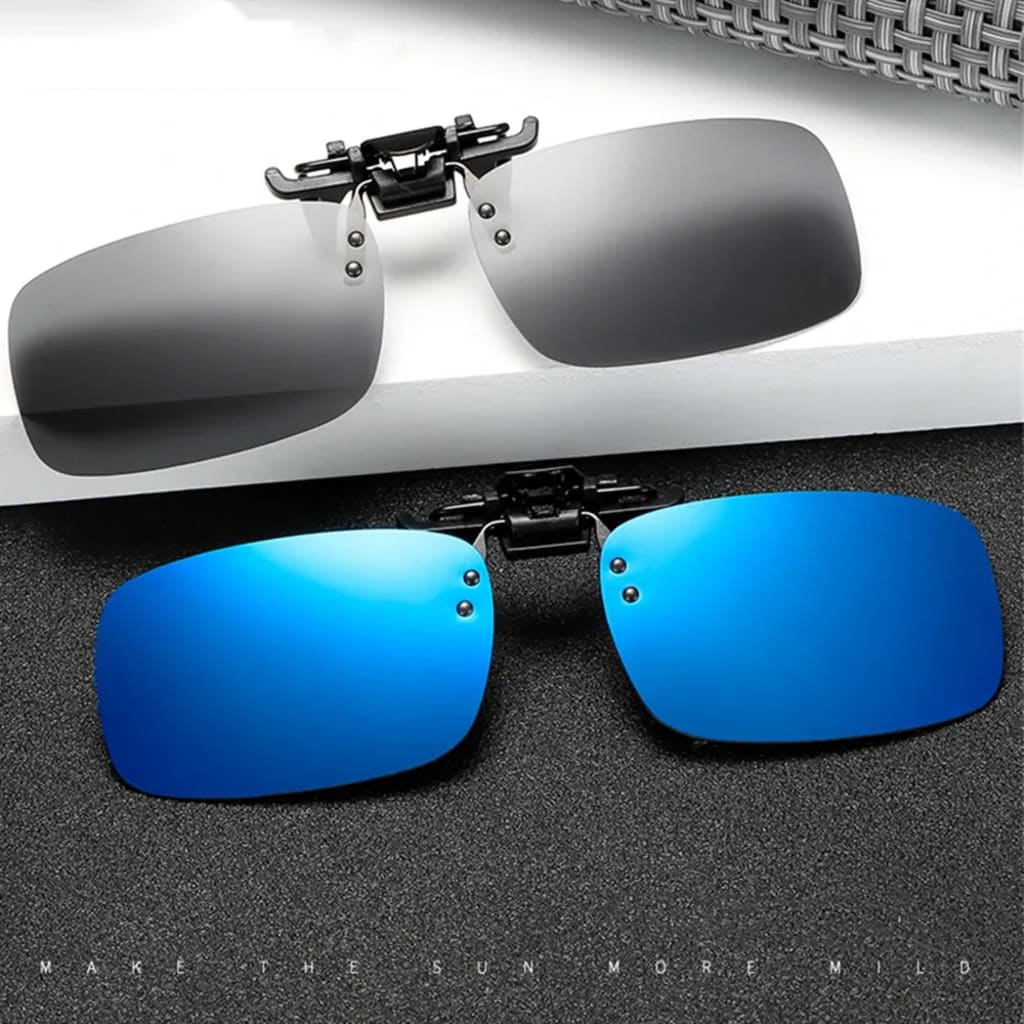Choosing the Best Color: 5 Tips for Selecting Polarized Sunglasses for Women
Choosing the right sunglasses can significantly enhance your visual experience and protect your eyes from harmful UV rays.

Introduction
Choosing the right sunglasses can significantly enhance your visual experience and protect your eyes from harmful UV rays. Polarized sunglasses are especially popular for their ability to reduce glare, improve clarity, and provide a more comfortable vision. This article will answer common questions about polarized sunglasses, helping you make informed decisions for your eyewear needs, whether you're looking for womens sunglasses polarized or sunglasses over glasses.
Outline
How to Check Polarized Sunglasses at Home
Does UV400 Mean Polarized?
Which Glasses Are Best for Night Driving?
Are There Different Levels of Polarized?
What Color Polarized Lens Should I Get?
Do Polarized Sunglasses Expire?
Can Prescription Sunglasses Be Polarized?
1. How to Check Polarized Sunglasses at Home
To check if your sunglasses are polarized, there are a few simple tests you can perform at home. One of the easiest methods is to look at a digital screen, such as your phone or a computer monitor. Hold the sunglasses in front of the screen and rotate them at a 60-90 degree angle. If the lenses are polarized, you will notice the screen turning black or darkening significantly. This happens because polarized lenses filter out light differently at various angles. Another method is to use a second pair of polarized sunglasses. Place one pair in front of the other and rotate them; if they are both polarized, the combined lenses will darken or go black as you turn one of them.
2. Does UV400 Mean Polarized?
No, UV400 does not mean that the sunglasses are polarized. UV400 is a rating that indicates the lenses block 100% of harmful UVA and UVB rays, providing comprehensive eye protection. While UV400 lenses protect your eyes from ultraviolet radiation, they do not necessarily reduce glare like polarized lenses do. Therefore, when shopping for womens sunglasses polarized, ensure that the product description specifies both UV400 protection and polarization to get the best of both worlds.
3. Which Glasses Are Best for Night Driving?
When it comes to night driving, polarized lenses are not recommended. Instead, look for glasses with anti-reflective (AR) coatings. These lenses reduce the glare from oncoming headlights and streetlights, enhancing your night vision without darkening your surroundings. Yellow-tinted lenses are also popular for night driving as they increase contrast and depth perception. However, always choose lenses that suit your personal comfort and visibility needs.
4. Are There Different Levels of Polarized?
Yes, polarized sunglasses come in various levels of polarization. The degree of polarization depends on the quality of the lens and the manufacturing process. Higher-quality polarized lenses offer better glare reduction and clarity. When selecting polarized sunglasses for women or any other type, consider the lens material and brand reputation. Premium brands typically provide higher levels of polarization, ensuring superior visual comfort and eye protection.
5. What Color Polarized Lens Should I Get?
The color of polarized lenses affects both the aesthetics and functionality of the sunglasses. Here are some common lens colors and their benefits:
Gray: Reduces overall brightness while maintaining natural color balance. Ideal for everyday use and outdoor activities.
Brown/Amber: Enhances contrast and depth perception. Great for variable light conditions and activities like driving or fishing.
Green: Provides a good balance between contrast enhancement and color accuracy. Suitable for general use.
Yellow: Increases contrast and depth perception in low-light conditions. Best for overcast days and indoor sports.
Choosing the right lens color depends on your specific needs and the typical lighting conditions you'll encounter.
6. Do Polarized Sunglasses Expire?
Polarized sunglasses do not have a strict expiration date, but their effectiveness can diminish over time. Factors such as exposure to saltwater, rough handling, and improper cleaning can damage the polarization film. To ensure longevity, store your sunglasses in a protective case, clean them with a microfiber cloth, and avoid using harsh chemicals. If you notice scratches or a decline in visual clarity, it may be time to replace your sunglasses.
7. Can Prescription Sunglasses Be Polarized?
Yes, prescription sunglasses can be polarized. Many opticians offer polarized lenses that can be customized to your prescription needs. This allows you to enjoy the benefits of polarization—reduced glare, improved contrast, and better visual comfort—while also correcting your vision. When ordering prescription sunglasses, simply request polarized lenses, and ensure the optician verifies your requirements.
About the Creator
Enjoyed the story? Support the Creator.
Subscribe for free to receive all their stories in your feed. You could also pledge your support or give them a one-off tip, letting them know you appreciate their work.





Comments
There are no comments for this story
Be the first to respond and start the conversation.